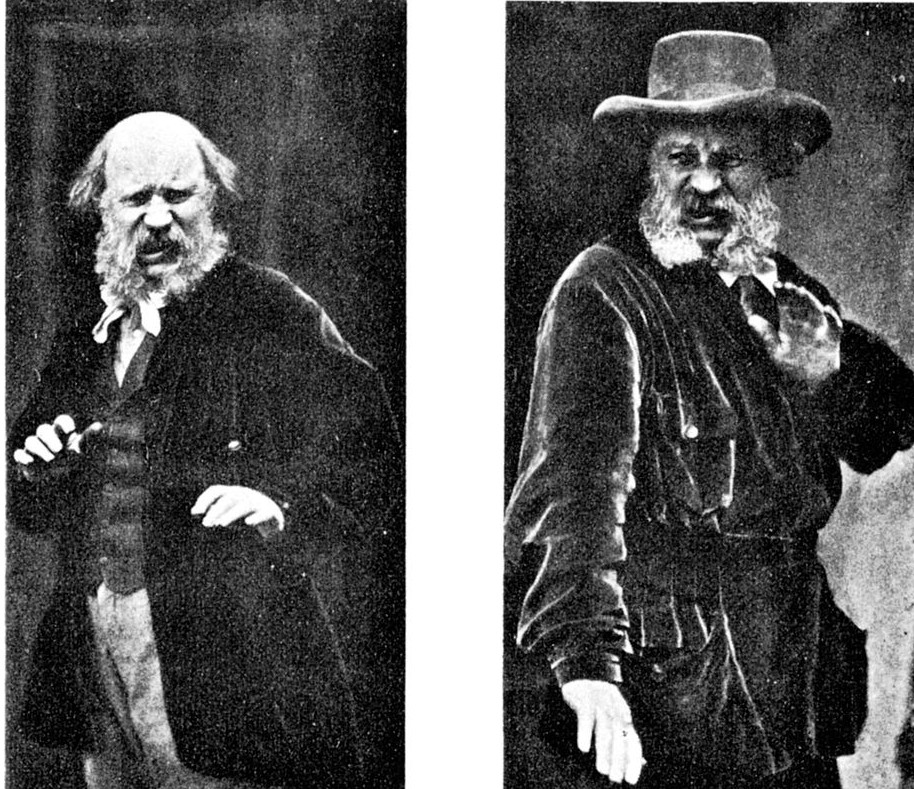
“The fact that Van Steinberg starved himself into a condition of chronic blood poisoning did not surprise his neighbors very much.”
For a miser, keeping money for himself probably feels a little like cheating death. If you’re gripping something of value tightly in your hands, how can your body become a worthless coil? But the end comes, regardless, and the death of just such a skinflint was the focus of an article in the March 7, 1903 Brooklyn Daily Eagle. An excerpt:
“Mrs. Mettetal, the proprietor of the delicatessen store on Fulton Street, near Chestnut, who rented to John Van Steinberg the little back room where he slept and cooked the scanty meals which were insufficient to keep body and soul together, says that not long ago the old miser advertised in a New York newspaper for a wife. One of the conditions that the old man insisted upon in the advertisement, was that the young woman should be rich and possessed of plenty of means. He received many answers to this advertisement, but whether any of the replies suited him or not Mrs. Mettetal does not know.
The fact that Van Steinberg starved himself into a condition of chronic blood poisoning did not surprise his neighbors very much. Some of them, it is said, remember that before Mrs. Van Steinberg died, about two years ago, she complained that her husband did not give her sufficient food and that he refused to supply her with all the medicines ordered by her doctors. Notwithstanding his meanness as to food, Van Steinberg, when he lived in the house at 92 Pine Street, was known to spend his money freely for valuable flowers, of which he was a great lover. He spent his whole time in the garden cultivating scarce and beautiful plants.
Mr. Mount of 13 Cooper Street, who is a member of the board of directors of the Veteran Firemen’s Association, to which Van Steinberg belonged, throws an interesting light on the manner in which the old miser lived for the past two years. During this time, while he had thousands of dollars in the bank, Van Steinberg was drawing $5 a week distress benefit from the organization. When he died, Mr. Mount, under the impression that he was very poor, told Undertaker Brewster that the Veteran Firemen would be responsible for a funeral costing as much as $200. When Mr. Mount visited Van Steinberg, just before he was removed to the hospital, he was astounded to find on the mantel in his room letters containing checks which he had sent to the old miser still unopened. The old man’s excuse was that he had been too weak to get the checks changed into money to buy food with it.
Mr. Mount took the checks and gave the old man cash. Then with some of the money he went downstairs and bought a lot of nourishing food. After Mr. Mount left, the sick miser got one of his children living in the house to take the food back to the store where it had been purchased and secure the purchase money for it.
Before Dr. Robinson went to attend the old miser he had ordered two doctors out of the house because they asked him for a fee. He only agreed to listen to Dr. Robinson’s advice when he learned that he was a Holland Dutchman by descent, like himself, and didn’t care whether he got any money or not, providing the sick man was too poor to pay.
When he finally agreed to go to the hospital, Van Steinberg insisted in going in a cab instead of the hospital ambulance, as he would save $2 by that mode of conveyance. To Dr. Robinson, the old miser said that his sole enjoyment in life had been the contemplation of the fact that after his death his relatives would not be able to touch any of his money.”
Tags: John Van Steinberg, Mr. Mount, Mrs. Mettetal, Mrs. Van Steinberg, Undertaker Brewster
